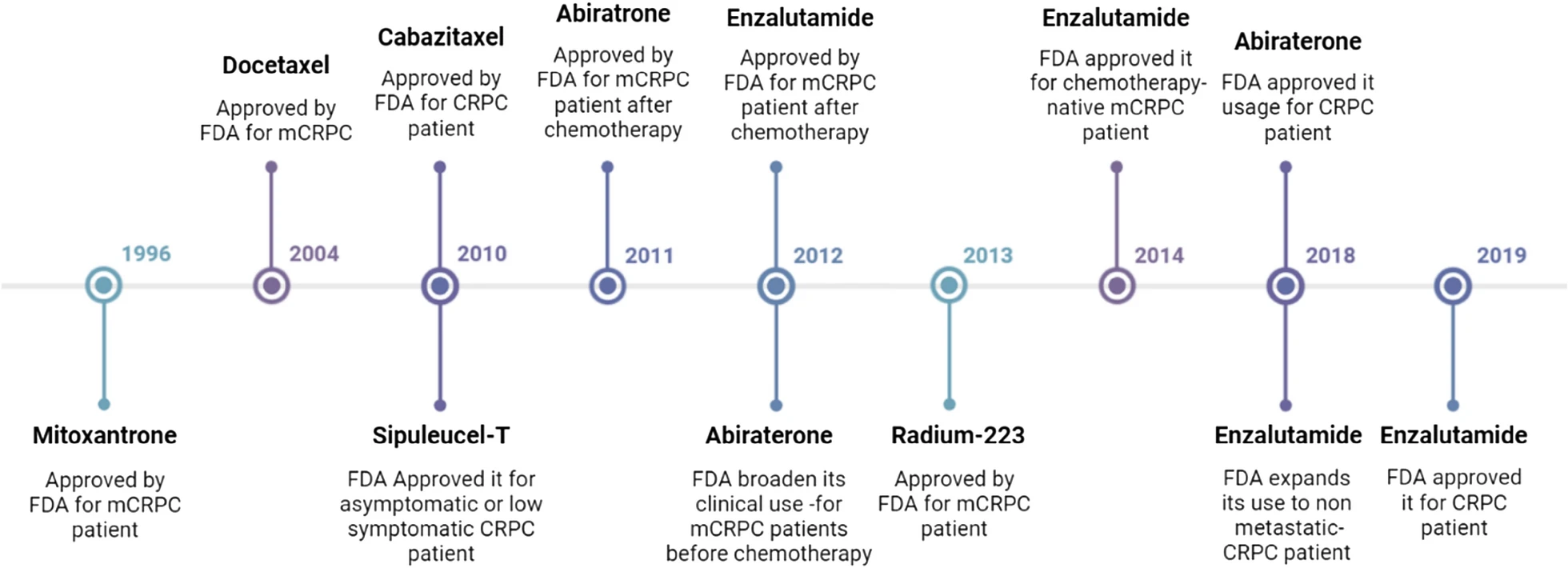Study Reveals Inaccuracy in Early Staging of Pancreatic Cancer, Urges Technological Advancements
A groundbreaking study from Cedars-Sinai Cancer, published in the journal JAMA, has revealed a startling statistic: the staging of early pancreatic cancer is inaccurate up to 80% of the time. This finding highlights a critical gap in current diagnostic methods and underscores the urgent need for advancements in imaging and staging technology.
Key Findings from the Study
Researchers analyzed data from over 48,000 patients in the National Cancer Database, focusing on individuals initially diagnosed with stage 1 or stage 2 pancreatic cancer based on preoperative imaging. However, post-surgical findings showed that:
- More than 78% of stage 1 patients were upstaged.
- Over 29% of stage 2 patients were also upstaged, typically to stages involving lymph node involvement.
According to Dr. Srinivas Gaddam, associate director of Pancreatic Biliary Research at Cedars-Sinai and the study’s senior author, this staging inaccuracy has significant implications for treatment decisions and research eligibility.
“As the field moves toward earlier diagnosis, precise staging will become even more critical,” Gaddam emphasized.
Why Staging Is Challenging
The pancreas, located deep within the body, presents unique challenges for imaging technologies. Current tools often fail to detect small tumors or assess lymph node involvement accurately. Lymph nodes play a vital role in staging, as their involvement can significantly worsen survival rates.
Gaddam explained, “Our findings suggest that lymph node involvement is being missed in four out of every five patients during the staging process. This underscores the need for more advanced diagnostic tools.”
The Importance of Accurate Staging
Staging pancreatic cancer is crucial because it directly impacts treatment decisions and patient outcomes:
- Stage 1 pancreatic cancer has a five-year survival rate of over 83%.
- In contrast, stage 4 pancreatic cancer, where the disease has typically spread, has a survival rate of just 3%.
Looking Ahead: Advancing Screening and Staging Tools
Dr. Dan Theodorescu, director of Cedars-Sinai Cancer, highlighted ongoing efforts to develop cutting-edge technologies like the Molecular Twin Precision Oncology Platform. This platform is helping identify new biomarkers for pancreatic cancer, which could aid both diagnosis and staging.
“My hope is that within the next decade, we will develop advanced tools for screening and staging pancreatic cancer,” said Gaddam. “This will allow us to diagnose most patients at stage 1 or 2, improving outcomes significantly.”
Who Should Be Screened?
Screening for pancreatic cancer typically involves MRI and endoscopic ultrasound. It is currently recommended for individuals with a family history of the disease or those carrying specific genetic variants.
The Path Forward
The study’s findings highlight a pressing need for clinicians to recognize the limitations of current imaging methods and actively report lymph node involvement. For researchers and innovators, the focus must remain on advancing screening and staging technologies to improve early detection and patient survival.
With improvements in diagnostic tools and techniques, the hope is to shift the paradigm for pancreatic cancer, catching it in its early stages and giving patients a much-needed fighting chance.
This post emphasizes the importance of technological advancements and proactive approaches in diagnosing pancreatic cancer, offering valuable insights for both medical professionals and the general public.
Reference : Pancreatic cancer finds most early staging inaccurate





















